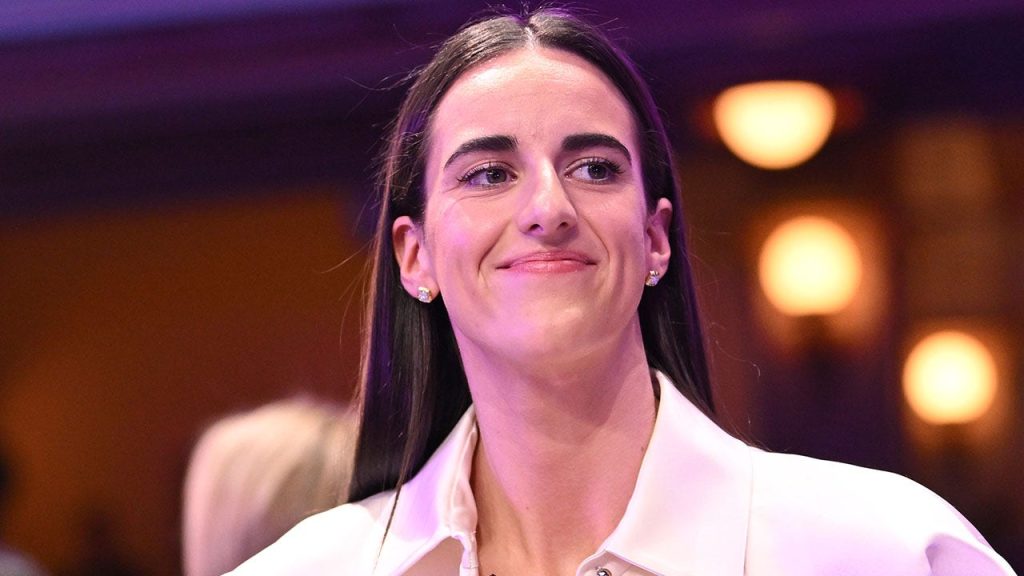The author begins by discussing how incumbents in various industries often resist change and innovation that threaten their dominance. This is seen in the world of sports, where powerful entities stifle new ideas and prevent competition from flourishing. The author highlights the case of Caitlin Clark, a rising star in women’s basketball who is under-compensated compared to her male counterparts. The blame is placed on the powerful individuals who run the sports industry, particularly white men who hold positions of influence and control.
The author makes an offer to Caitlin Clark to play in the BIG3 league, alongside the WNBA, with a lucrative compensation package that far exceeds her current salary. This opportunity would not only benefit Caitlin financially but also provide a platform to challenge stereotypes and promote diversity in sports. The author emphasizes the potential for increased sponsorship opportunities and market value for Caitlin by playing in both leagues, as well as the broader impact on women athletes as a whole.
The author criticizes the current power structure in basketball, which is dominated by white men who prioritize preserving the status quo over promoting change and empowering female and minority players. The NBA’s control over the WNBA is seen as perpetuating this imbalance and hindering opportunities for players like Caitlin Clark to reach their full potential. The author questions the motives of agents and executives who may prioritize the interests of the NBA over those of their clients.
The author reflects on the success of the BIG3 league in implementing innovative policies and promoting diversity in sports, contrasting this with the resistance from the NBA and its affiliates. The author highlights the challenges faced in challenging the established power dynamics in the sports industry but emphasizes the importance of pursuing change to benefit athletes and fans. The willingness to challenge the status quo is depicted as a key factor in the success of the BIG3 league.
The author discusses missed opportunities for female athletes like Caitlin Clark to break barriers and increase their market value through innovative approaches to sports. The potential for female athletes to leverage their skills and marketability is highlighted as a way to challenge existing norms and lead to broader changes in the sports industry. The consequences of resisting change and innovation are emphasized as detrimental to the prosperity of athletes and the industry as a whole.
In conclusion, the author emphasizes the importance of embracing change and innovation in the sports industry to ensure fair compensation and opportunities for athletes, particularly women and minorities. The offer to Caitlin Clark is presented as a potential catalyst for broader changes in the WNBA and the sports industry, highlighting the transformative impact that can result from challenging the existing power dynamics and promoting diversity and inclusion. The author’s commitment to supporting athletes and advocating for change in the industry is underscored as a driving force behind the success of the BIG3 league.


